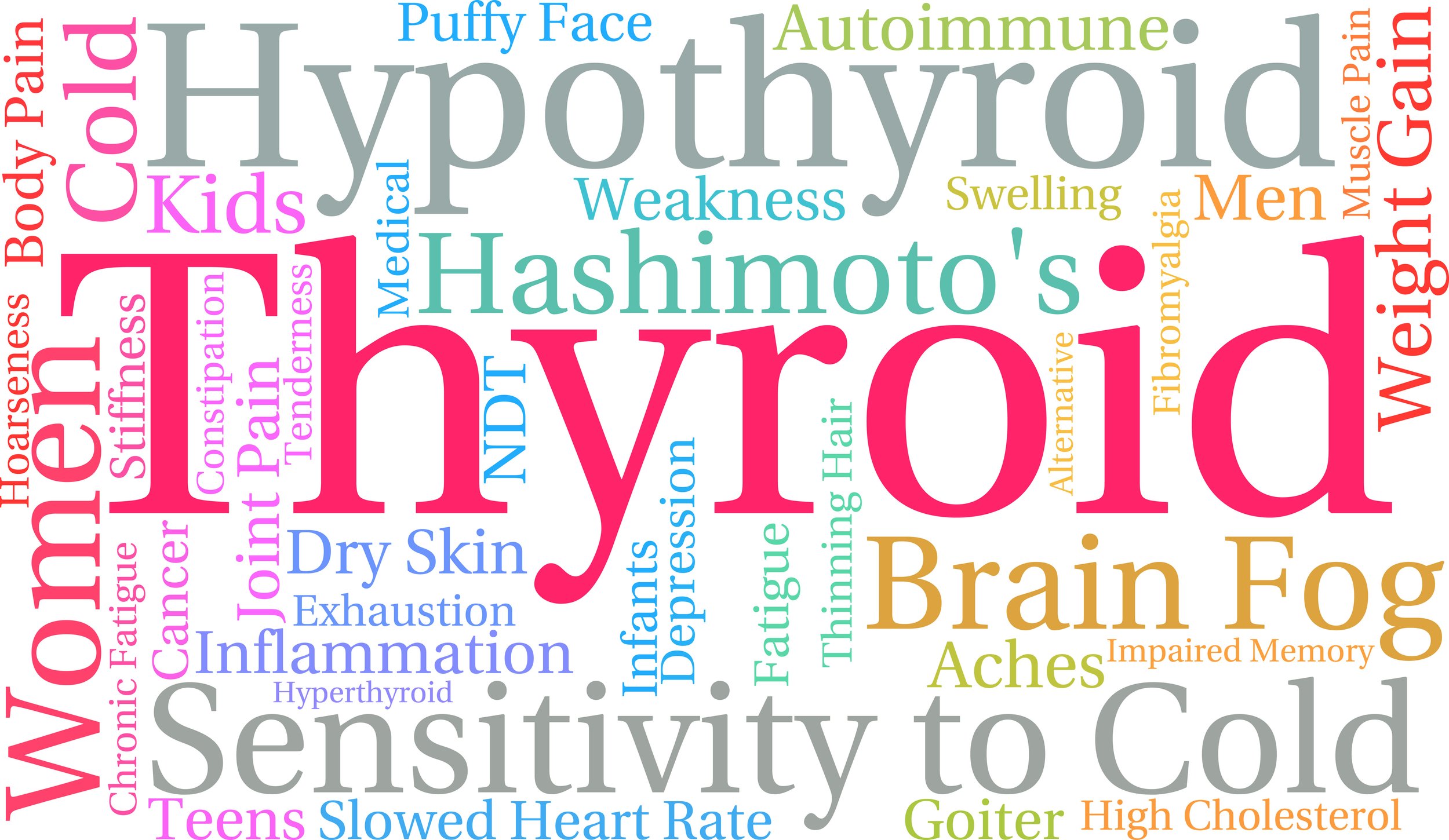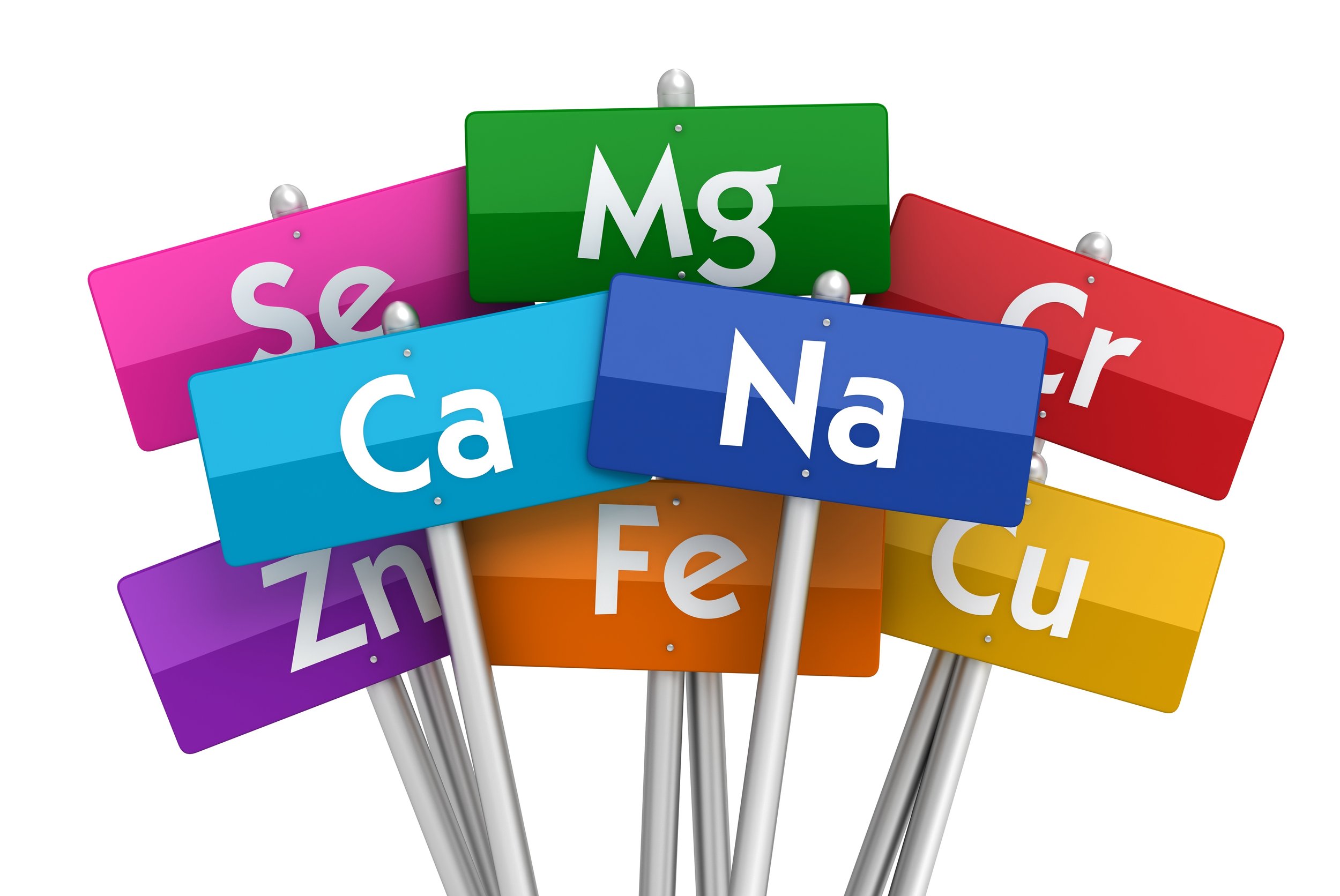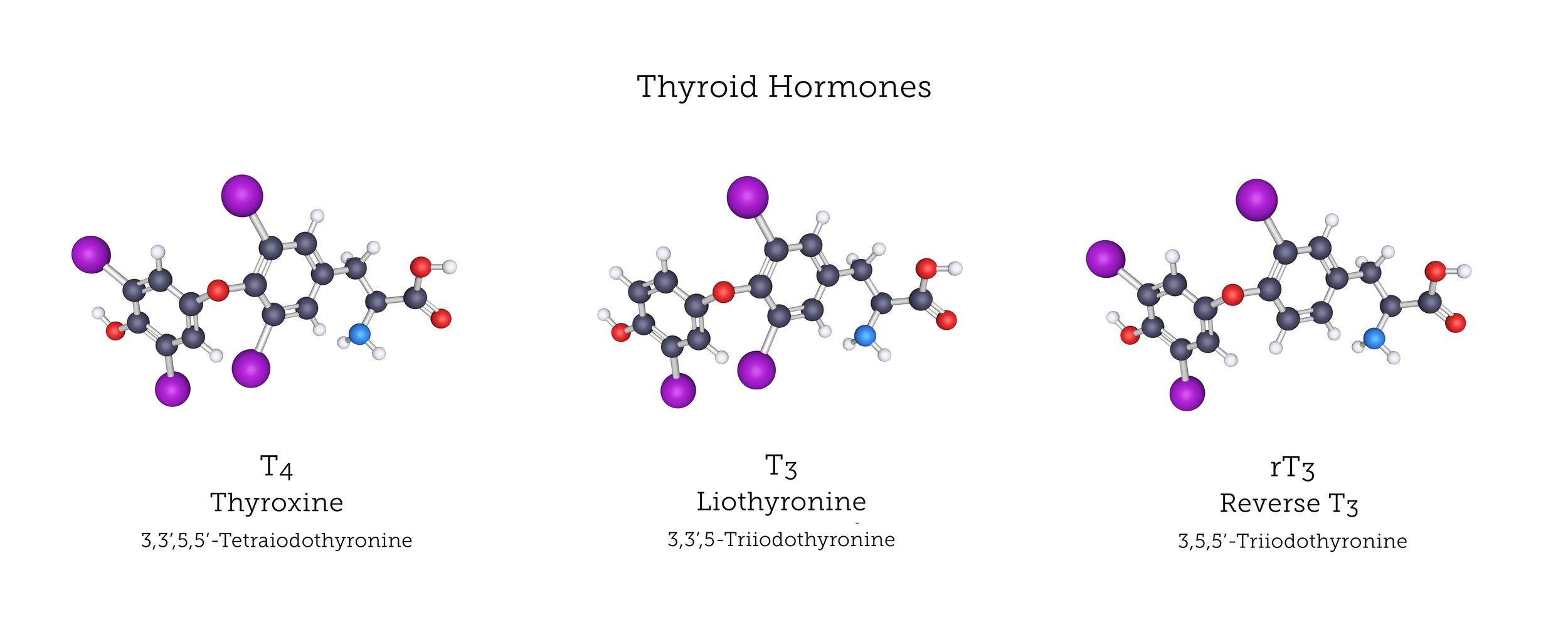
THYROID HORMONE TESTING
Thyroid Imbalance
Thyroid imbalance affects 30 million adults. Don’t let dysfunction go unidentified.
A small butterfly shaped gland, the thyroid is located behind and beneath the Adam's apple. Health issues can result from thyroid production being disrupted by a variety of circumstances, including, lifestyle, diet, inactivity, hormone imbalances, mineral deficiencies, and environmental contaminants.
Thyroid Imbalance is Notoriously Under Diagnosed
According to the American Thyroid Association, up to 60% of those who have thyroid disease are unaware of it. According to statistics, women have a seven-fold higher risk of getting thyroid issues than men do. This risk is particularly high during the perimenopausal years when hormones start to fluctuate.
Many different symptoms may be explained by thyroid illness or malfunction.
Do these ring a bell?
Hypothyroidism
Weight gain or inability to lose weight despite exercise and diet
Feeling cold all the time (when others don’t)
Low energy and stamina, especially in the evening
Memory lapses or slow/fuzzy thinking
Dry, thinning, itchy skin
Dry or brittle hair and nails
Hair loss
Irregular bowel habits
Menstrual irregularities
Hyperthyroidism
Sudden or significant weight loss
Rapid or irregular heartbeat
Sweating
Nervousness or irritability
Testing levels of specific THYROID hormones can indicate whether there is a thyroid imbalance. These include:
TSH
Produced by the pituitary gland, TSH acts on the thyroid gland to stimulate production of the thyroid hormone thyroxine (T4).
Free T4 – Thyroxine
The predominant hormone produced by the thyroid gland, T4 is converted to its active form, T3, within cells.
Total T4 – Thyroxine
Total T4 includes both free T4 and protein-bound T4, and is an indicator of the thyroid gland’s ability to synthesize, process and release T4 into the bloodstream.
Free T3 – Triiodothyronine
T3 is the active thyroid hormone that regulates the metabolic activity of cells.
Reverse T3 - rT3
Reverse T3 is a metabolically inactive form of thyroid hormone, which is generated from T4 via the type 3 5′-deiodinase enzyme. Reverse T3 can bind to a cell in the same way T3 does, except when reverse T3 binds to it, nothing happens. When this happens, Dr. Rose explains, “reverse T3 and T3 will then compete for receptors' at the cellular level. Your body can start showing symptoms of hypothyroidism when not enough T3 is binding to your cells.”[1]
TPOab – Thyroid Peroxidase Antibodies
Thyroid peroxidase is an enzyme involved in thyroid hormone production. The body produces antibodies, including TPOab, that attack the thyroid gland in autoimmune thyroiditis and Hashimoto’s. Testing TPOab levels can diagnose these conditions.
TgAb – Anti-Thyroglobulin
Thyroglobulin antibodies (TgAb) are antibodies made against thyroglobulin. Antibodies (also called immunoglobulins) are proteins the immune system makes to recognize and get rid of germs.

Diet, Exercise,
Rest, Hydration,
Absorption,
Balanced Hormones, proper testing,
Optimal Vitamin B12, D3, Iron, Cortisol, Potassium, and Magnesium

Thyroid FAQs
My doctor tested my thyroid and said it was normal?
First let’s just clarify that “normal” is a setting on the dryer, unfortunately in health “normal” will often keep us sick or just on the threshold of it. Unfortunately western medicine doesn’t look at the whole picture of thyroid health, it’s not that they don’t care, it’s that they don’t know. TSH, the usual “thyroid” hormone doctors are trained to use as the only marker for thyroid health, is a pituitary hormone. Unless we test our actual thyroid hormones, and use optimal ranges, not just “normal”, we really have no idea where our thyroid health is.
What tests tell me about my Thyroid?
Free T4, Free T3, Reverse T3 and thyroid antibodies are the actual thyroid hormones that tell us about our thyroid health, if your doctor has NOT tested these then they don’t know anything about your thyroid. There are also a host of other tests that need to be observed.
Note: Vitamins, like B12 and D3, and minerals, like magnesium, calcium, potassium, iron, and cortisol all need to be at optimal levels as well as having a healthy liver, in order to convert T4 into what our bodies use, active thyroid hormone, T3.
What’s the difference between Normal and Optimal?
A word that we’ve learned to hope for when we get labs done at the doctor… “Normal”… and yet what we’ve learned, at Whole Healthy Self LLC, is that normal is just a setting on a dryer, it doesn’t reflect health or wellness and those are our goals. The only way to achieve a whole healthy self is to strive to be optimal. Optimal is when all levels and systems are exactly what they need to be and in homeostasis and the our bodies are easily able to access the space they need to do what they were designed to do… Heal!
How can I have my Thyroid properly tested?
We are conditioned to believe the only way we have access to health is to go through the traditional medical system. We believe they are best suited for active and acute illness and disease and helping you obtain and maintain a whole healthy self isn’t necessarily the priority.
However, in most states, you do NOT have to rely on a physician to find out where you stand on the continuum of normal and optimal. We can help you!




